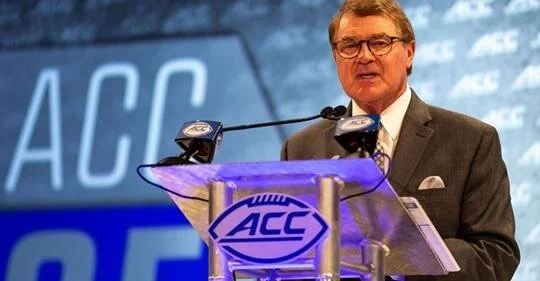Power 5 conferences vote to provide mental health services
ESPN
The Power 5 conferences unanimously passed legislation Thursday at the NCAA convention requiring their schools to make mental health services and resources available for student-athletes.
The legislation is meant to further strengthen mental health services already provided on campus. As part of it, schools will distribute mental health education information and resources to student-athletes, coaches, administrators and other athletics personnel.
Washington State athletic director Pat Chun spoke during the open comments portion during the Division I Autonomy Forum and Business Session, pointing out the legislation's importance for the health and well-being of student-athletes. Washington State quarterback Tyler Hilinski died by suicide in 2018, and the school has added to the services it already provided student-athletes.
Chun pointed out that suicide is the second-leading cause of death among those in the college age group. When the time to vote came from each school in the ACC, Pac-12, Big 12, Big Ten and SEC plus 15 student-athlete representatives, the legislation passed 80-0.
"It's powerful it was passed in unanimous fashion," Chun said. "Stuff like this is a no-brainer for college athletics. We do a lot for our student-athletes, so I think it's time we do something in terms of the mental health. Most, if not all, schools in the Power 5 are doing something, but the worst-case scenario is dealing with a tragedy that no school or family wants."
Cincinnati swimmer Enna Selmanovic, one of the 15 student-athlete representatives with a vote, has dealt with her own mental health struggles after a back injury forced the premature end to her career. "I want to help student-athletes never feel the way that I felt because when you wake up in the morning and you wish you didn't, I don't think you can ever get to a lower point than that," said Selmanovic, who did not vote Thursday, but did have input with the Division I Council in their discussions on mental health support for student-athletes.

